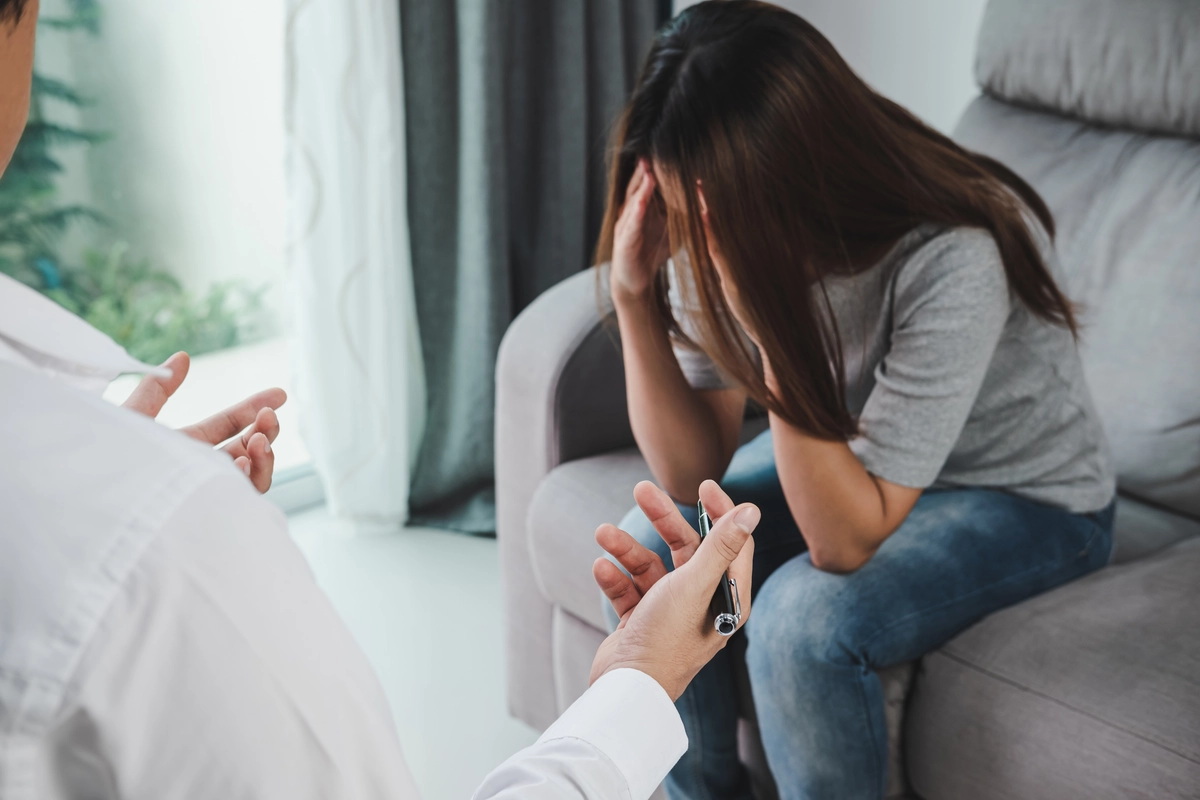24/7 Helpline:
(866) 899-111424/7 Helpline:
(866) 899-1114
Learn more about PTSD Treatment centers in Blissfield
PTSD Treatment in Other Cities

Other Insurance Options

Sliding scale payment assistance

Sutter

Group Health Incorporated

MVP Healthcare

Molina Healthcare

Access to Recovery (ATR) Voucher

Highmark

United Health Care

Magellan

Health Partners

WellPoint

MHNNet Behavioral Health

Self-pay options

Premera

Holman Group

Humana

Multiplan

UMR

BlueShield

Health Choice












































































Six County – Counseling
Six County – Counseling is a private rehab located in Coshocton, Ohio. Six County – Counseling speci...

Thompkins Child and Adolescent Services
Thompkins Child and Adolescent Services is a private rehab located in Coshocton, Ohio. Thompkins Chi...



























